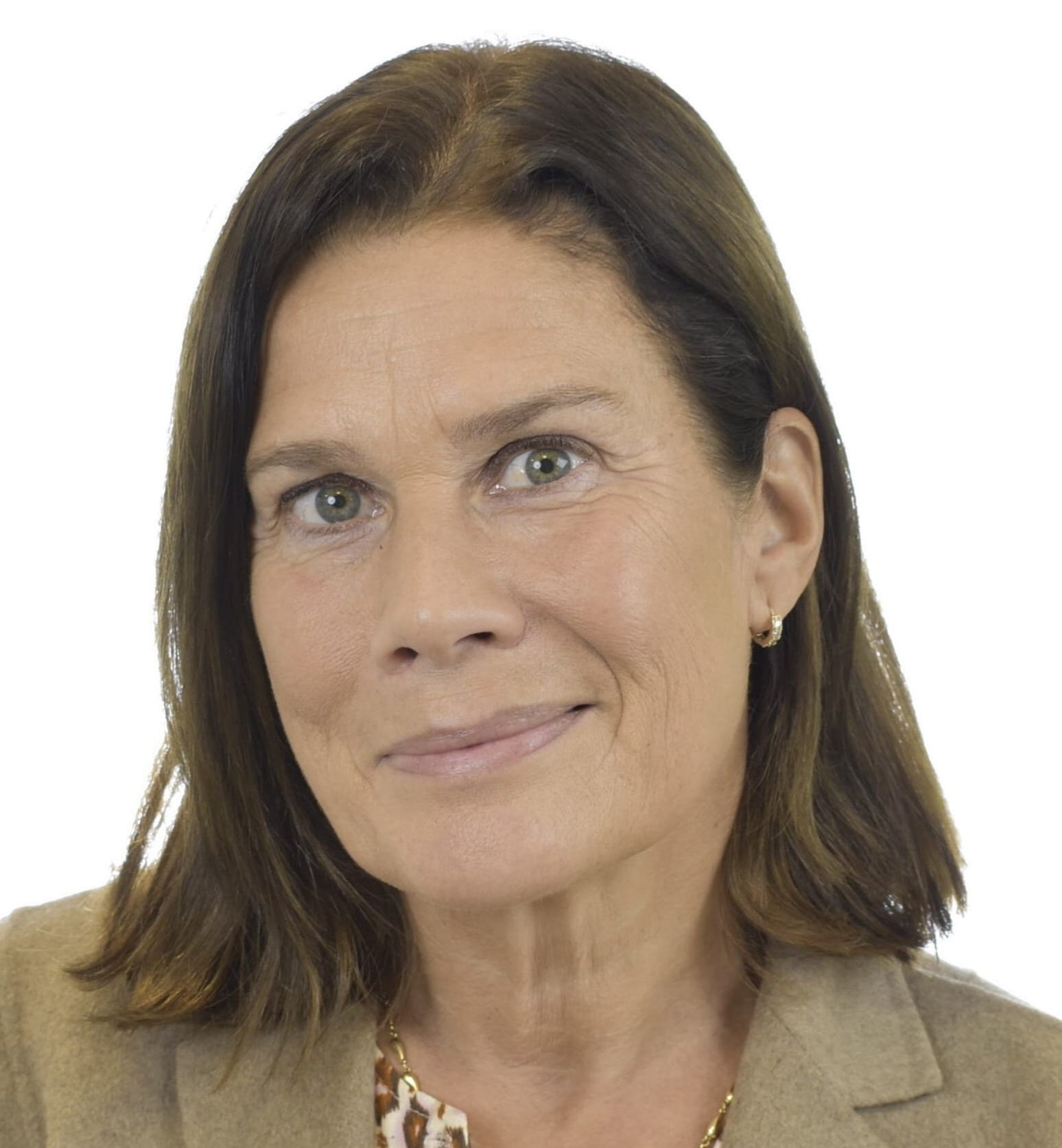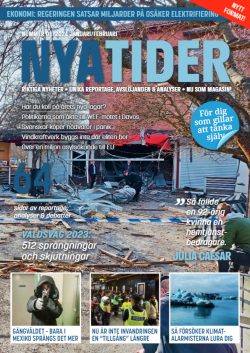* Islamic State a stone’s throw away
* Mass graves bear witness to devastation
* Thousands are trapped in refugee camps in the mountains – receive no aid
– We’d never move to Europe. You are letting in forces that want to harm you and your culture. You are feeding your own destruction, and then you just wait for it to ruin you and your country. Here, we face the enemy and do battle against the evil. We stay here. We’d never run.
These words are spoken by a soldier from the Yazidi minority. He and his men are fighting against the Islamic State, and have been doing so for the last two years. The slenderly built man, his body wrapped in several layers of sweaters to protect against the cold, takes a puff at his cigarette and exhales. The smoke fills the room where soldiers are squatting down for a warm meal. It’s been a hard day.

An hour earlier, several officers and soldiers were summoned to the bomb-wrecked town centre. The Islamic State had fired a gas bomb aimed at the police headquarters and the Yazidi police leadership, which also commands the Yazidi warriors stationed at the Iraqi-Syrian border. No one was killed by the attack, though we later learned that the gas caused people close to the impact to vomit and become sick. When we visit the police leadership a few hours later, they are in surprisingly good spirits, laughing and taking pictures of the European team. It’s a rare day when they are visited at the front lines. “The town of death,” someone remarks bitterly. “Who’d want to come here?”


Behind their good cheer, a brutal reality lurks. These men have seen the very worst humanity has to offer. The Islamic State is just a hundred metres away, and a few guard towers and a two-metre-high, makeshift wall separate the two factions. Twenty metres from ISIL territory, bones stick out of the ground. A human skull is lying on a rock. In a bath house pool lie close to a hundred skeletons of women and children. The well-preserved hair on the skeleton of a young girl, probably around eight years old, catches my eye. These are the remains of women who refused to convert to Islam when ISIL took the town in 2014. Around 400 women had taken shelter in the town’s bath house as the battle raged outside, but ISIL showed them no mercy. Our local guide says we need to move on quickly; if ISIL militants spot movement they will open fire. We silently depart for the next mass grave.

– My father-in-law lies here, our guide says, keeping a stiff upper lip.
In this grave are the remains of over 80 civilian males killed by the Islamic State. The site is only a stone’s throw from ISIL territory. The belongings of the dead men lie next to their bones. Car keys and other everyday items, like a water bottle and a pair of sunglasses, tell of a different time. Almost 5,000 Yazidi died in Sinjar. Few have received a proper burial.
When ISIL advanced on Sinjar, many civilians tried to escape from the mountains to the city of Dohuk and other comparatively safe Kurdish settlements nearby. One car wreck after another along the mountainside show that not all of them escaped death.
− Many of our people jumped into their cars when they heard ISIL was getting close. But as they drove down the mountain, ISIL fired upon them. Hence the car wrecks you see everywhere, our local guide tells us.
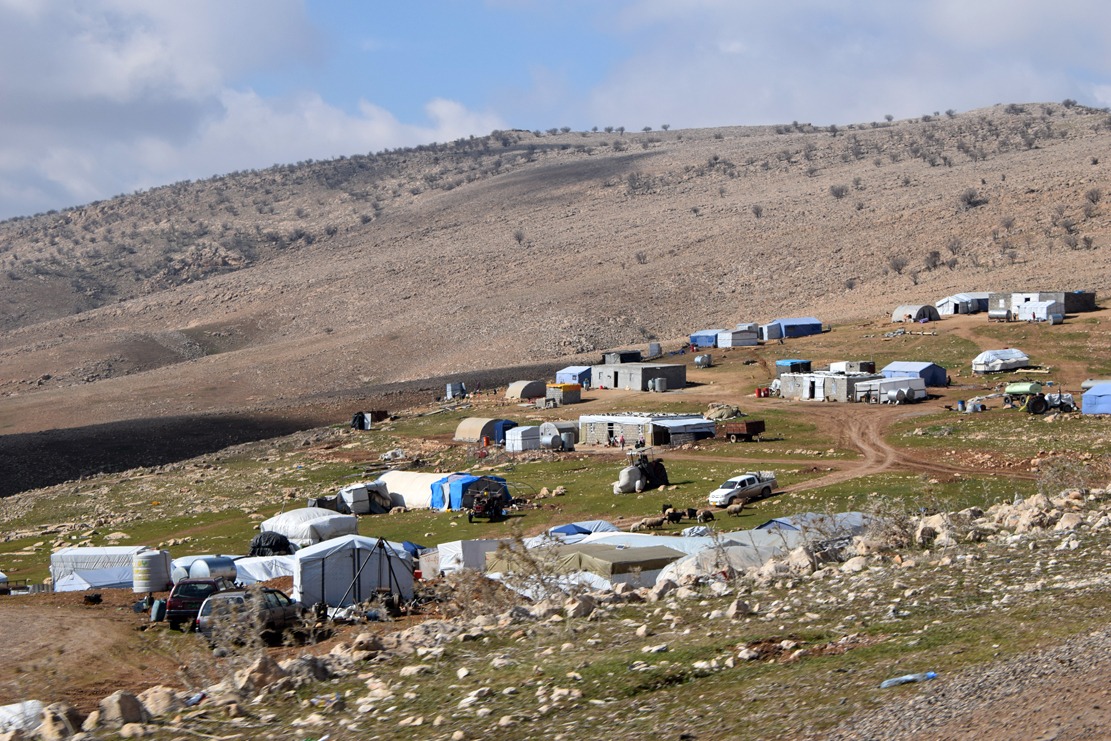
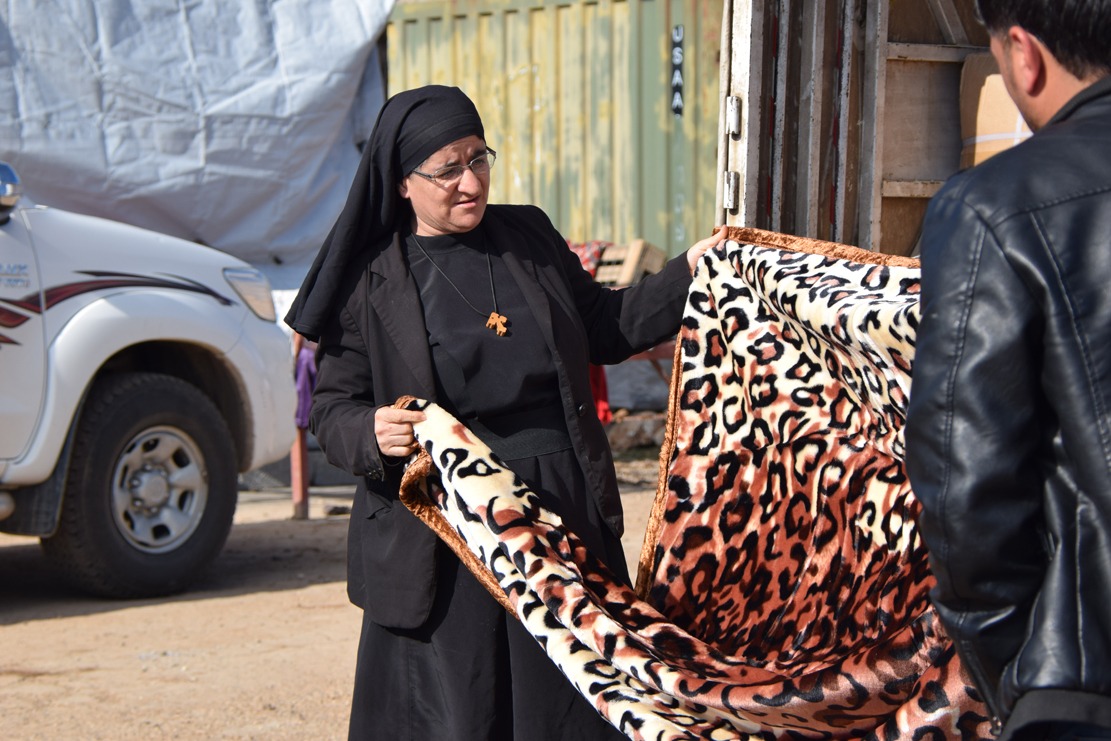
We pass a mountain top where around 40 young Yazidi women took their own lives after falling into ISIL captivity. Having been brutally raped, the women felt they had no reason to live on even if they, against all odds, were to be released, so they threw themselves from the mountain together. On the fields around us, red-painted sticks mark the many mines that still lie under the ground, placed there by the Islamic State.
The smoke from the gas bomb spreads across parts of the bomb-wrecked town. Black smoke seeps through the ruins, a couple of soldiers wave at us from the street. Out guide is a well-known police officer, appreciated by his men. The formerly lively town of Sinjar is deserted by everyone except the soldiers with guns flung across their backs. Up in the mountains, thousands of Yazidi women and children live in camps, and all that separates them from death are the Yazidi men of all ages who still fight. They aren’t really equipped for the task, but regard it as their duty and only option.
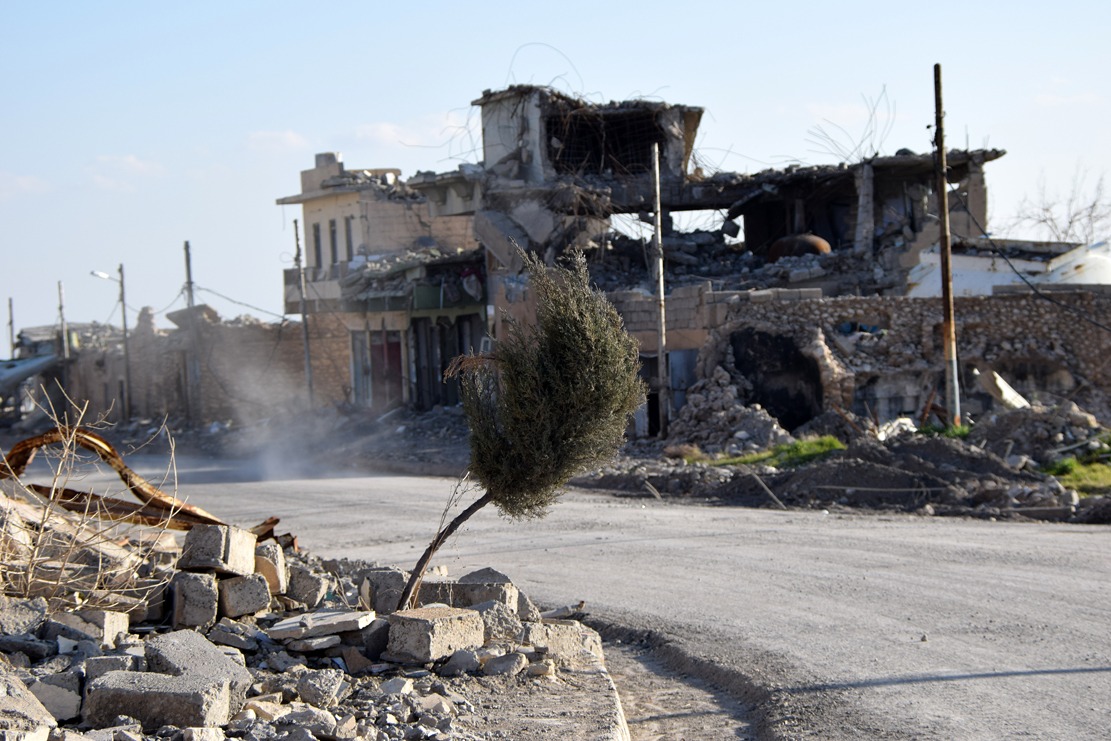
− We don’t have a lot of weapons at all. Our enemies have large amounts of modern weaponry. Our best weapons are those we captured from the Islamic State, says one of the leading Yazidi warriors, tapping his Kalashnikov. He explains that during the battle for Sinjar, a highly decorated Yazidi warrior managed to take over one of ISIL’s tanks, turning the tide of battle against the islamists.
The far-flung areas around the town − those not under ISIL control − are ruled by the Kurdish military Peshmerga, whose forces are predominantly Muslim. Although they cooperate against their common enemy ISIL, there is still an amount of antagonism that makes life harder for the Yazidi civilians in the refugee camps. New Times accompanied the Turkish-German aid worker Hatune Dogan, who had bought hundreds of blankets, bars of soap and bags of washing powder for distribution in the mountain camps. To obtain permission to drive a truck to the camps, she visited the Peshmerga administrators in their office in the local Kurdish capital Durhok. One of those administrators told Dogan that she shouldn’t be helping the Yazidi minority, but after many ifs and buts, he gave her permission to supply the camps with necessities.
Having obtained a written permission, the truck still gets stuck at a checkpoint due to some technicality. When we finally get to pass the checkpoint, Hatune Dogan is visibly frustrated.
− Those thousands of families who are trapped in the Sinjar mountains get no aid from outsiders. Not from the UN, and hardly from anyone else either. The government doesn’t care, and you saw for yourself how difficult it was for us just to get some blankets to them. We had to wait for eight hours at the checkpoint despite already having clearance!
The wind blows hard in the mountains. The air is cold, and dusk is falling. Thousands of people will suffer through another chilly night, but thanks to Hatune Dogan, around 2,000 of those families will be considerably better off. Dogan brought both gas and blankets to make their situation more bearable.
Today, ISIL still controls nine of the surrounding villages which can be seen from the top of the mountain. On our way back to the Kurdish city of Erbil, we must pass by the city of Mosul in the darkness, which makes our guide worry. Since 2014, the city is in the hand of the Islamic State. In this case, however, the journey is uneventful, and we can catch some sleep on the plane to Turkey.
For those soldiers who are constantly guarding against the next ISIL attack, the nights are long. But running away is not an alternative. No, they would never go to Europe, those soldiers say. Our politics are far too ill-conceived. Our open borders will have terrible consequences, they warn. We are letting evil warm itself by our hearth. welcoming it into our midst in the name of kindness, while forgetting those poor souls freezing in the mountains. For them, there are no resources left. They have been sacrificed on the altar of humanitarianism.





